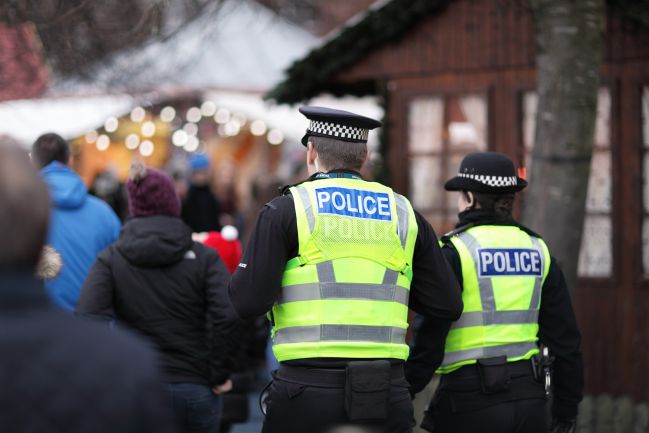
The London Attack and Security Awareness When Traveling
This weekend the World suffered another terrorist attack. Our support and solidarity goes out to the citizens of the U.K. and the victims of this senseless crime.
I had two friends that were in London this weekend and luckily both are safe. They both posted on Facebook that they were safe and not involved in the attack. It occurred to me that social media has now turned into our main tool to communicate to your family and friends in incidents of this nature.
In our business at the Center for Information Security Awareness we provide in-person security awareness training for businesses on this important subject.
CFISA put together some basic recommendations and best practices for security awareness training and education when traveling. Here are some of the basics:
Preparing for the trip
- Review the U.S. State Department alerts and warnings for relevant information prior to your travel: https://travel.state.gov/content/passports/en/alertswarnings.html
- For safety notifications while traveling abroad, enroll in the U.S. State Department Smart Traveler Enrollment Program: https://step.state.gov/step/
- Prepare your resources – Paper copies of passport, travel itinerary, phone numbers, agenda, flight numbers, back-up plans. Don’t rely on having this information in your phone!
- Book hotels that have fire sprinkler systems. Consider booking and staying in a room from the second to sixth floors above ground level to deter easy entrance from outside, but low enough for fire equipment to reach.
Hotel Safety and Security
- Establish a meeting spot with everyone in your group in the event of an emergency prior to check in at the hotel. The meeting spot should be a ½ block away from the hotel since fire department will control the area directly next to hotel.
- After checking in, determine where all emergency exits are on the floor near your room. Count the rooms to the emergency exit and realize that you might not be able to see the emergency exit signs in the event of thick smoke.
- Treat all alarms like a real emergency.
- Keep your door locked always and guard your keycard at all times.
- Do not answer the door without knowing who is there. If a person claims to be an employee, call the front desk and verify.
Preparing for an Incident
- When traveling with others, establish a meeting spot in the event of an incident and you are separated from the members of your group.
- Stop looking at your phone and look at your surroundings when you are out and about. This is just as relevant to your everyday security!
- Practice situational awareness that is a 360-degree awareness at all times! The very nature of terrorism suggests there may be little or no warning.
- In all locations, look for two escape routes.
- Be aware of conspicuous or unusual behavior, suspicious packages and strange devices. Report what you see immediately to the police or security personnel. “If you see something, say something”.
- Do not be afraid to move or leave if you feel uncomfortable or if something does not seem right. Trust your gut feelings.
- Get to a safe spot prior to contacting others in your group and notify family and friends that you are safe.
The value of security awareness training
This is another example where security awareness training can help to reduce risk. Insuring that you have a plan and are prepared in the event of an incident will help to keep you safe. Being aware of how to prepare for crimes in the news is a fundamental part of security awareness training. Insuring that employees, family and friends, are aware of this information will greatly reduce the likelihood that you will fall victim.
The Center for Information Security Awareness, www.cfisa.com has been providing online and in-person security awareness training since 2007. The CFISA security awareness training stresses the importance of educating employees, family and friends to help reduce risk and protect against these types of crimes.
Do you need help with security awareness training for your employees? Contact CFISA and we will help you with a training option to fit your budget!
